Carpenter ants are known to damage wood structures, making them a common concern for homeowners. While they don’t consume wood like termites, they excavate through it to build their nests, causing significant structural damage if left unchecked. In case you’re dealing with a carpenter ant infestation, it’s essential to act quickly to prevent costly repairs. This guide provides an in-depth look into how to get rid of carpenter ants using DIY carpenter ants removal methods and professional pest control solutions.
Note: Always follow the product instructions carefully, as some insecticides can be harmful to pets and humans. Ensure proper ventilation when treating indoor areas and use protective gear to avoid exposure to chemicals.
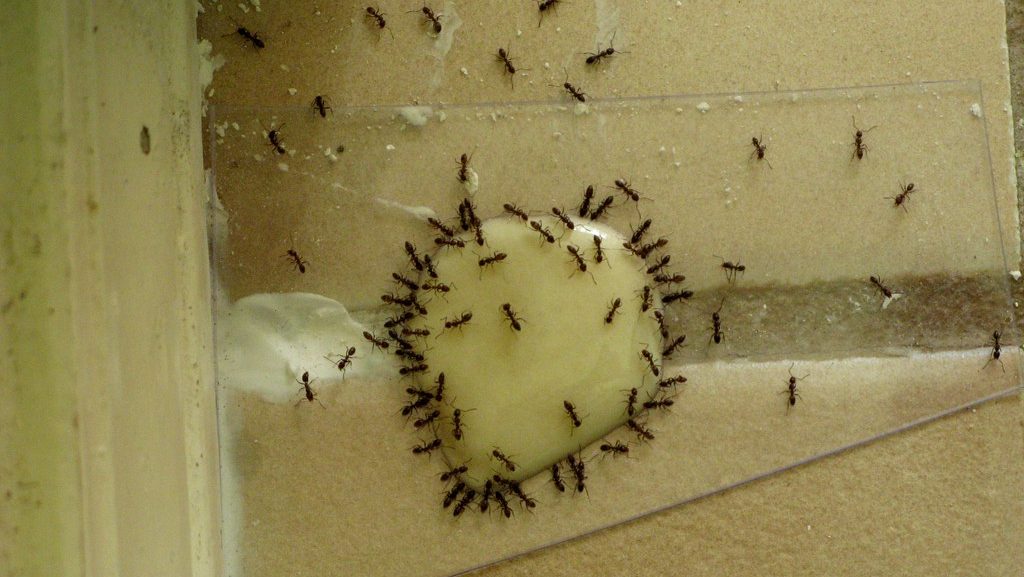 Boric acid is particularly effective because it targets both worker ants and the queen. However, it may take several weeks to see results.
Boric acid is particularly effective because it targets both worker ants and the queen. However, it may take several weeks to see results.
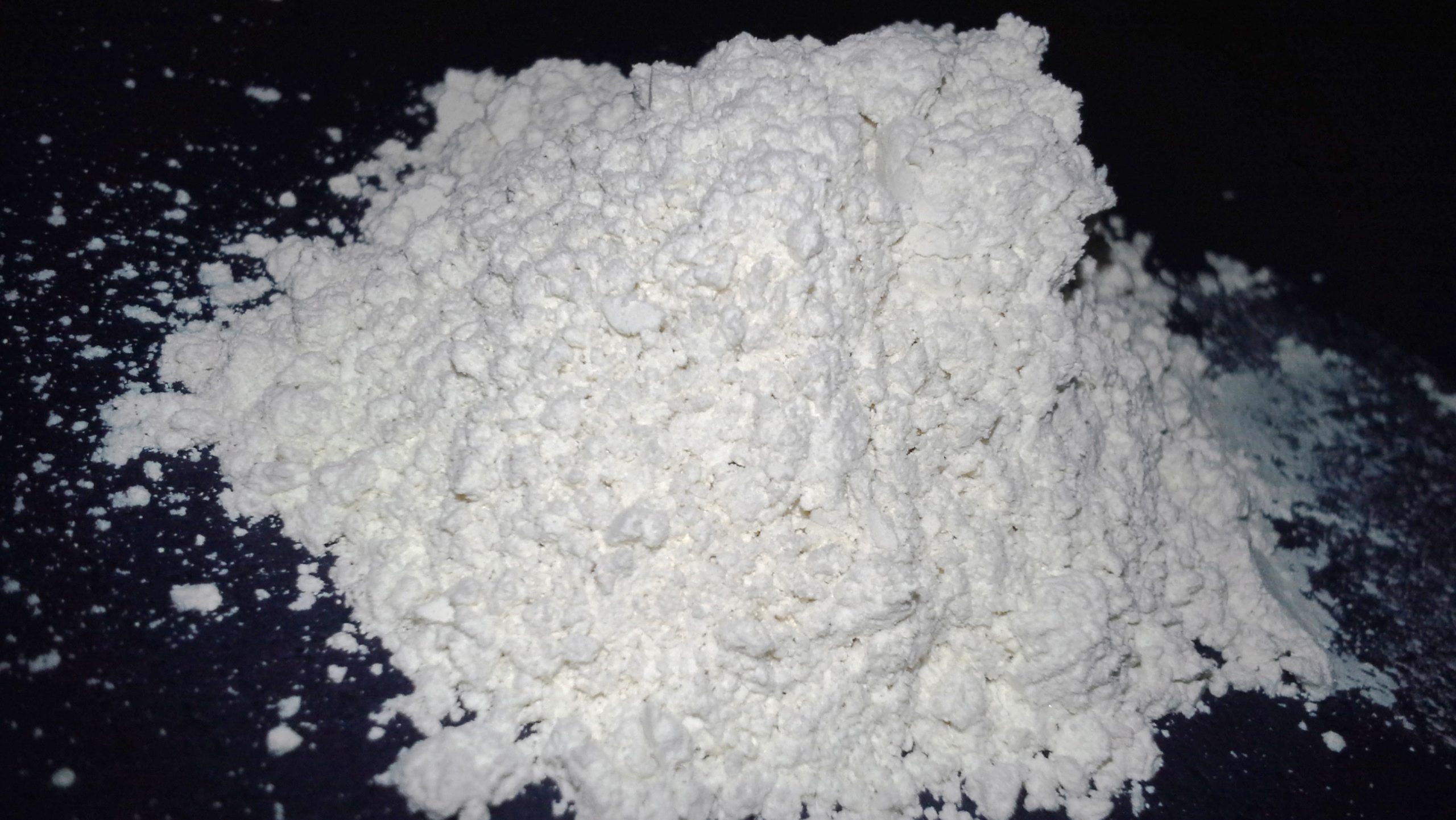

 While diatomaceous earth is effective for killing ants on contact, it’s not a long-term solution for large infestations. It’s best used in conjunction with other methods, such as baiting or nest treatment.
While diatomaceous earth is effective for killing ants on contact, it’s not a long-term solution for large infestations. It’s best used in conjunction with other methods, such as baiting or nest treatment.
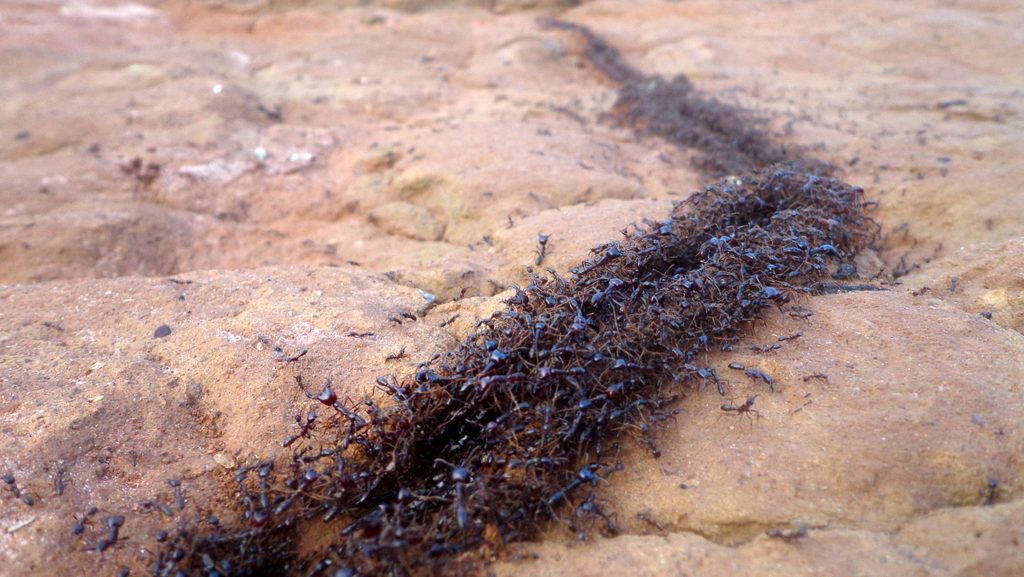
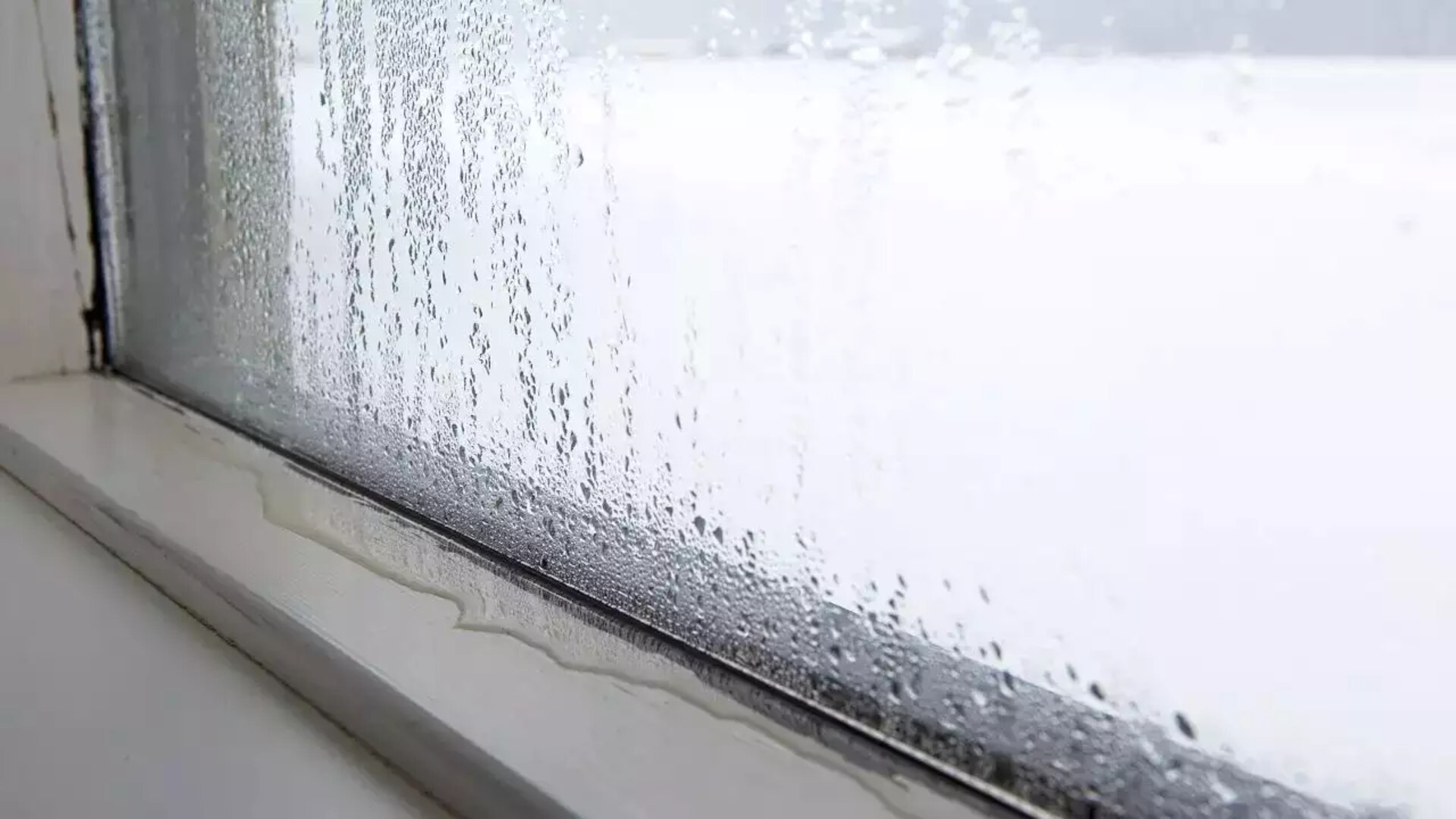
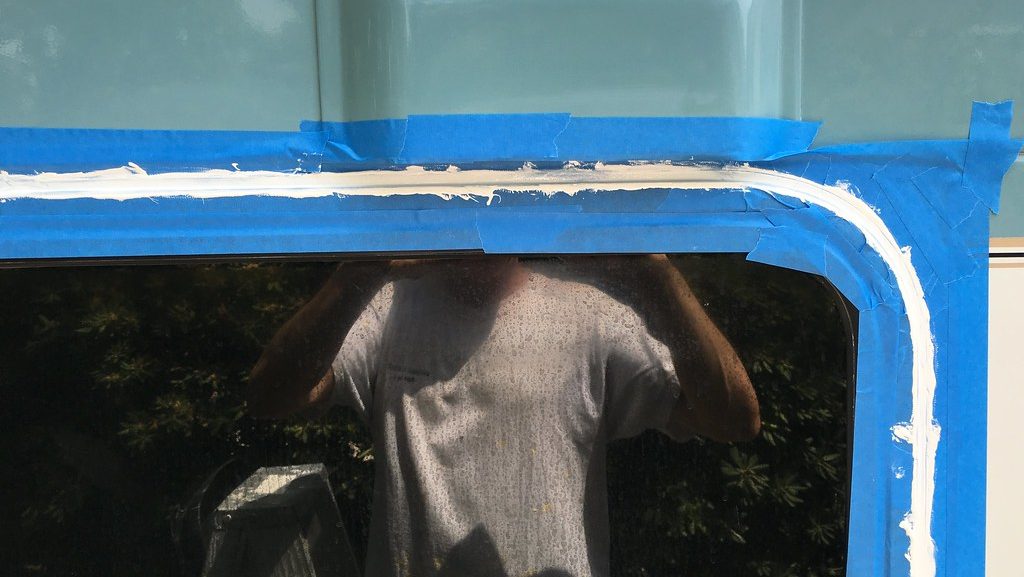
 Carpenter ants can cause significant damage to your home if left unchecked. By learning how to get rid of carpenter ants and using DIY carpenter ants removal techniques, you can effectively protect your home.
Carpenter ants can cause significant damage to your home if left unchecked. By learning how to get rid of carpenter ants and using DIY carpenter ants removal techniques, you can effectively protect your home.
How to Get Rid of Carpenter Ants?
When dealing with an infestation, understanding how to get rid of carpenter ants is crucial. Below are various methods, including DIY carpenter ants removal approaches and professional treatments. Baiting Carpenter Ants Baiting is one of the most effective methods for eliminating carpenter ants, especially when the nest is hidden or difficult to access. Carpenter ants are foragers, and worker ants will take the bait back to the nest, where it will be shared with the rest of the colony. How to place the bait? Place the bait near entry points, along foraging trails, or near food sources. Carpenter ants are attracted to both sugar-based and protein-based baits, so using a combination can increase the likelihood of success. Be patient, as baiting can take several days to weeks to eliminate the entire colony.Direct Nest Treatment
If you’ve located the carpenter ant nest, direct treatment is one of the most effective DIY carpenter ant removal methods to eliminate the colony. There are two primary methods for treating nests: using insecticidal dust or foam.Nest Treatment
-
Insecticidal Dust: When applied correctly, the dust coats the ants’ bodies and spreads throughout the colony. This method is particularly effective for nests located in wall voids or other concealed areas.
-
Foams: An aerosol foam expands to fill cavities where carpenter ants are hiding. This product is ideal for treating hard-to-reach nests, such as those located in hollow doors or behind walls. The foam works by suffocating the ants and killing them on contact.

Boric Acid
Boric acid is a classic solution for controlling carpenter ants. It disrupts the ants’ digestive system, ultimately killing them. Here’s how to use boric acid effectively:How to use
-
Mix with Sugar: Carpenter ants are attracted to sweet foods, so mixing boric acid with powdered sugar in a 2:1 ratio increases its effectiveness.
-
Place the Mixture Near Entry Points: Place the mixture in small containers or bottle caps and leave them near entry points, foraging trails, or close to the nest. The worker ants will carry the boric acid back to the nest, where it will spread throughout the colony.


Not getting a solution?
Get your free pest control estimate today!Diatomaceous Earth
For homeowners who prefer a natural, non-toxic solution, diatomaceous earth is an excellent option. This fine powder is made from fossilized algae and works by dehydrating the ants’ exoskeletons.How to use
-
How to Apply: Sprinkle diatomaceous earth around entry points, baseboards, or cracks where you’ve noticed ant activity. The powder needs to remain dry to be effective, so reapply after vacuuming or if it becomes wet.
-
Effectiveness: Diatomaceous earth is a safe option for homes with pets or children, but it may take several weeks to fully eliminate the colony.

Disrupting Pheromone Trails
Carpenter ants rely on pheromone trails to navigate between their nest and food sources. Disrupting these trails can prevent the ants from returning to areas of your home.Natural Solutions
-
Vinegar and Water Solution: Mix equal parts vinegar and water in a spray bottle and spray it along the ant trails. The acidic properties of vinegar break down the pheromone trails, making it harder for ants to navigate.
-
Essential Oils: Peppermint, tea tree, and cedarwood essential oils are natural repellents that can be used to disrupt pheromone trails. Mix a few drops of essential oil with water and spray it along baseboards, entry points, and other areas where ants are active.
Carpenter Ants Prevention Tips
Once you’ve eliminated the carpenter ants, it’s essential to take preventive measures to ensure they don’t return. Here are some effective strategies to keep carpenter ants at bay:
Reduce Moisture
Carpenter ants are attracted to moisture, so reducing the humidity in your home is critical to preventing future infestations.Moisture Control
-
Fix Leaks: Regularly inspect your plumbing, gutters, and roofing for leaks. Even small leaks can attract carpenter ants, especially in areas prone to moisture buildup, like basements or attics.
-
Improve Ventilation: Use dehumidifiers in damp areas, such as basements, crawl spaces, and laundry rooms, to reduce excess moisture.
-
Check for Water Damage: Inspect window frames, door sills, and other areas prone to water damage. If you notice any signs of rot or decay, repair them immediately to prevent ants from nesting.

Seal Entry Points
Carpenter ants can enter your home through tiny cracks and gaps. Sealing these entry points is essential to keeping ants out.Seal the leaks
-
Caulk Windows and Doors: Use caulk or weatherstripping to seal any gaps around windows and doors. This will prevent ants from finding their way inside.
-
Seal Utility Lines: Carpenter ants often enter homes through gaps around utility lines, such as electrical wires or plumbing. Inspect these areas and seal any gaps with foam or caulk.
-
Repair Foundation Cracks: Check your home’s foundation for cracks and repair them to prevent ants from entering through the ground.

Remove Dead Wood
Carpenter ants are attracted to decaying wood, so removing potential nesting sites from your property is key to preventing infestations.Yard Maintenance Tips
-
Clear Debris: Regularly remove rotting tree stumps, fallen branches, and other wood debris from your yard. These materials provide an ideal nesting environment for carpenter ants.
-
Store Firewood Away from Your Home: Firewood should be stored at least 20 feet away from your home and elevated off the ground to prevent ants from nesting.
When to Call a Professional?
While DIY methods can be effective for minor infestations, large or persistent infestations often require the expertise of a professional pest control service. Here’s why calling a professional is the best option for severe infestations:Benefits of Professional Pest Control
-
Advanced Tools and Expertise: Pest control professionals have access to specialized tools, such as moisture meters and infrared cameras, which can detect hidden nests and moisture issues that may be attracting ants.
-
Comprehensive Treatment Plans: Professionals use a combination of baits, dusts, and perimeter treatments to ensure that all colonies, including satellite nests, are eradicated. They can also provide follow-up treatments to prevent future infestations.
-
Safe Use of Insecticides: Handling insecticides requires careful attention to safety. Professionals are trained to apply treatments in a way that minimizes risk to your family and pets. Additionally, they have access to more potent and effective products that aren’t available to the general public.





